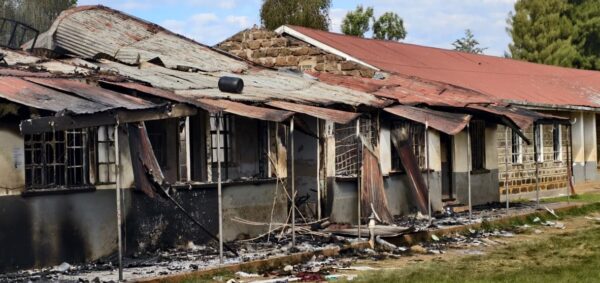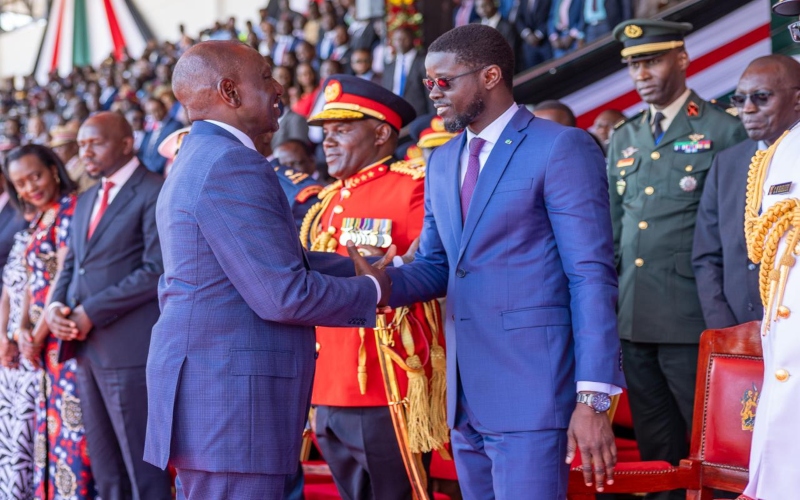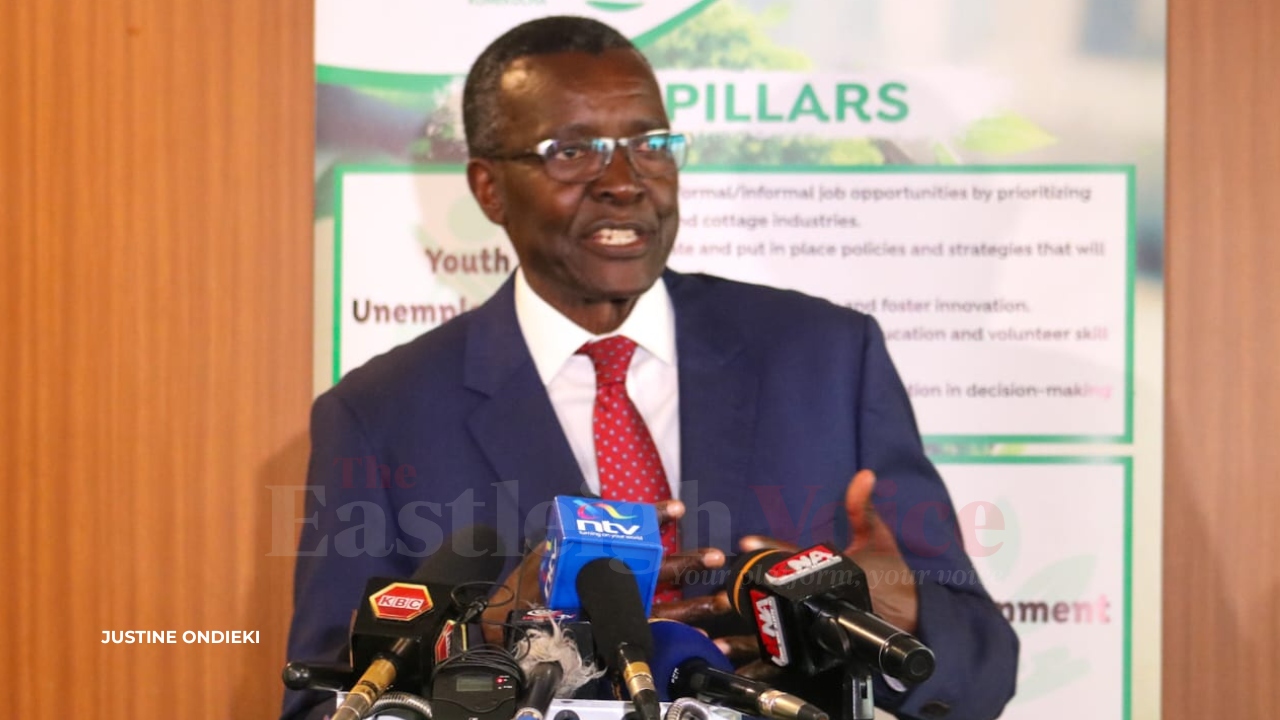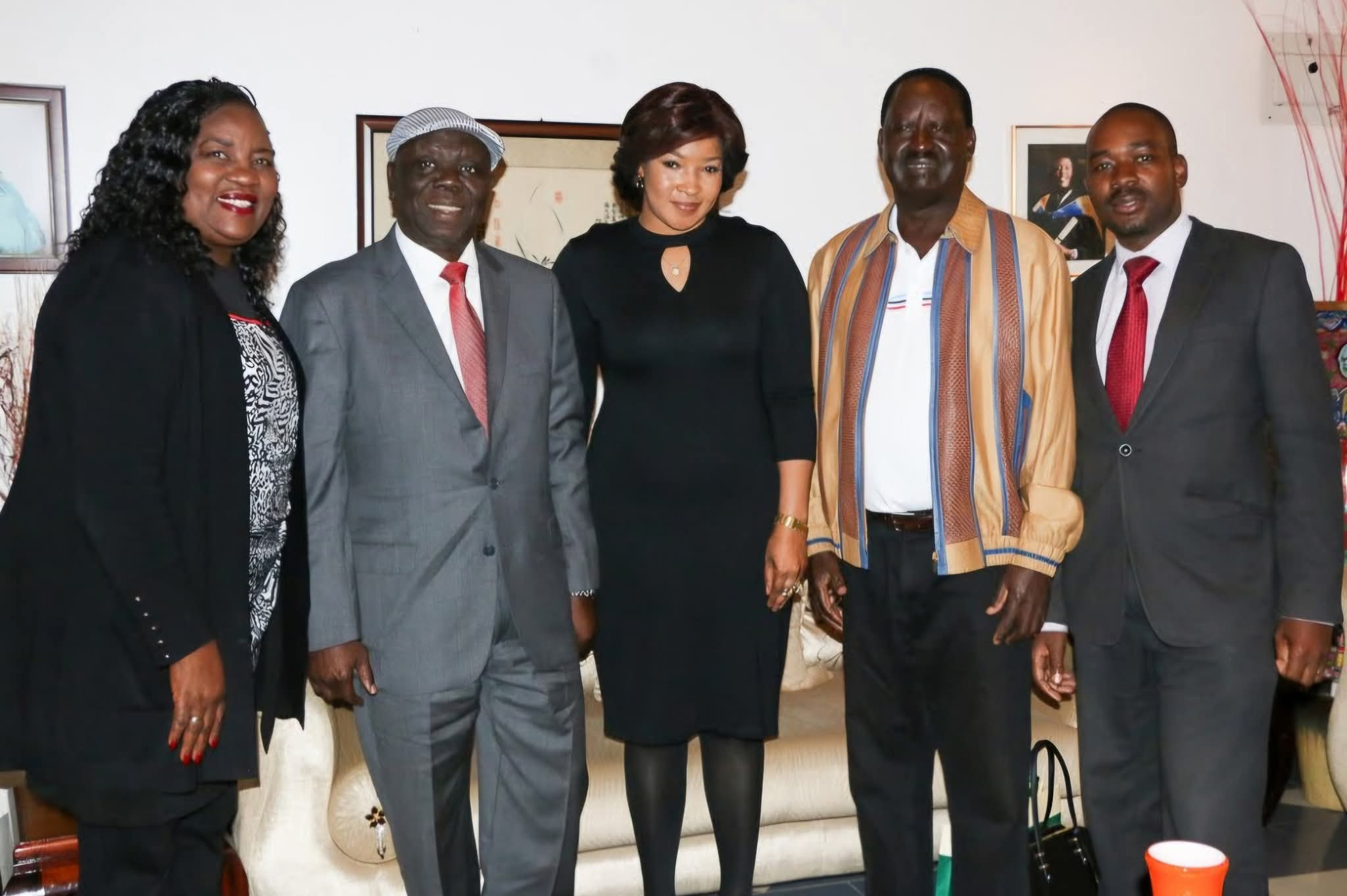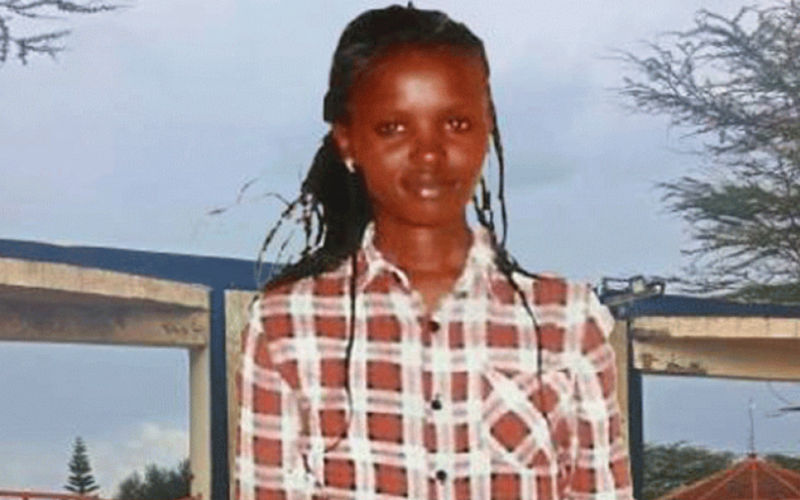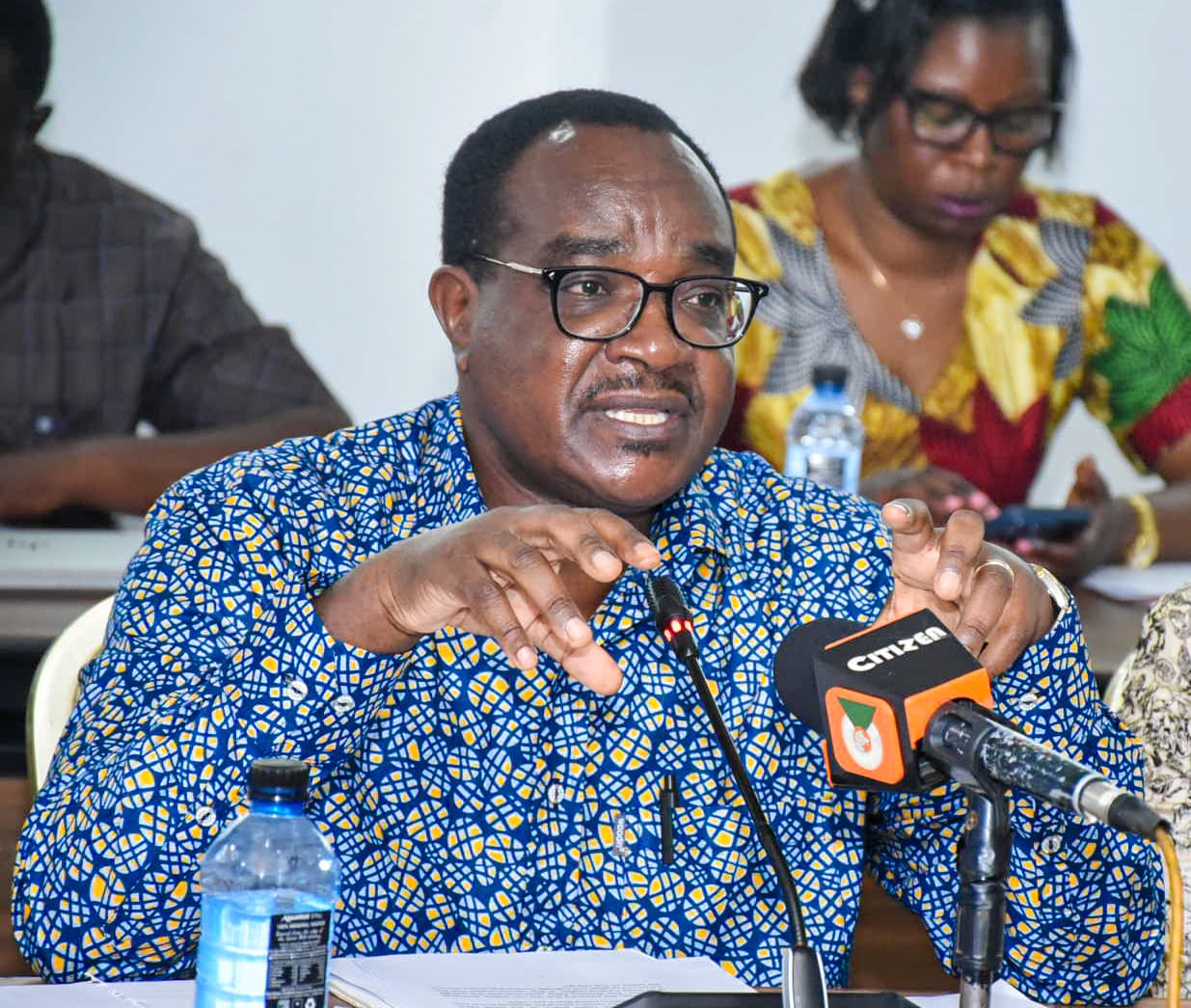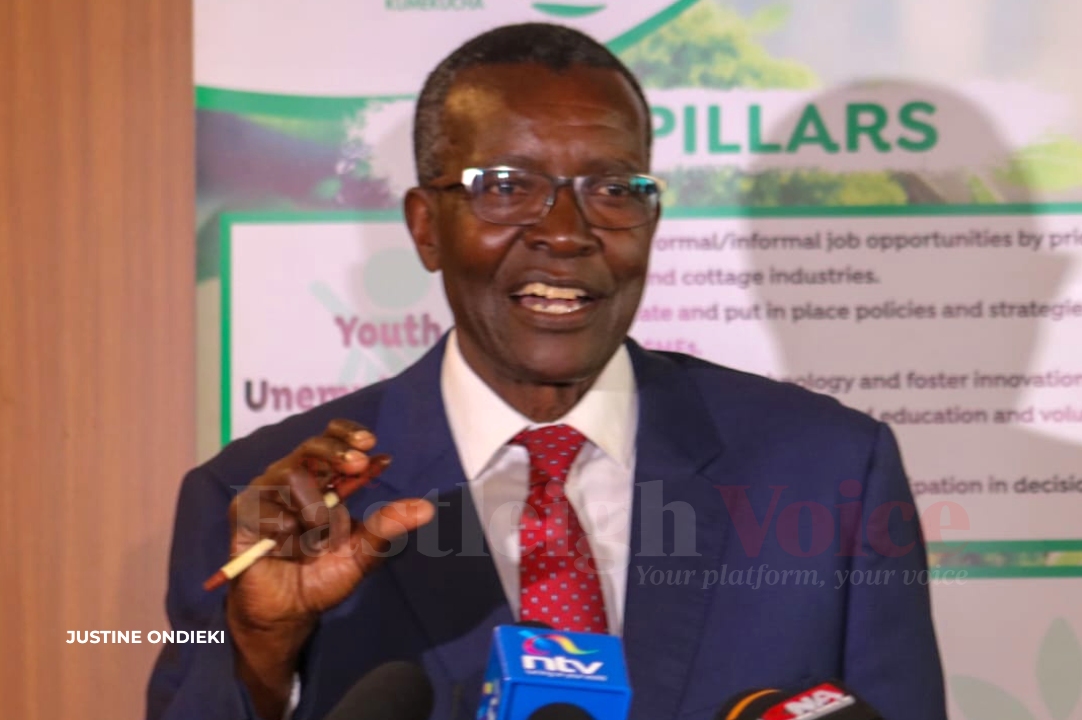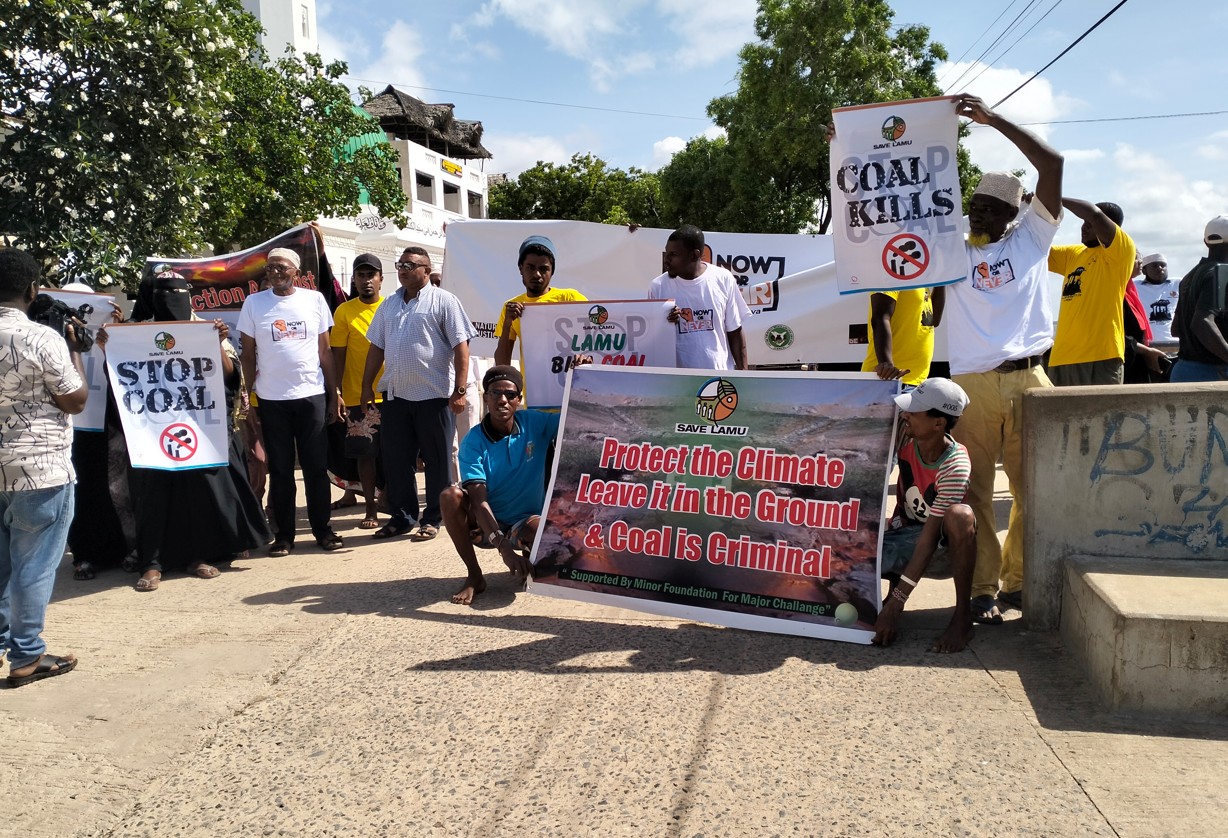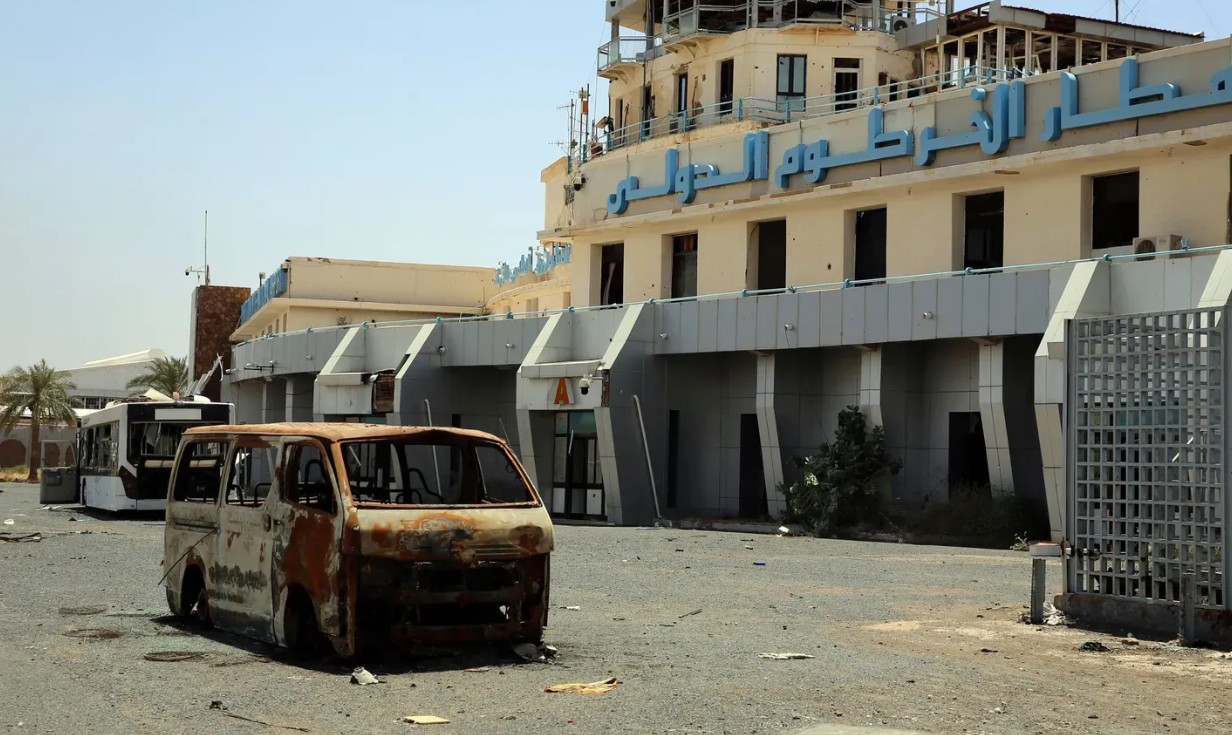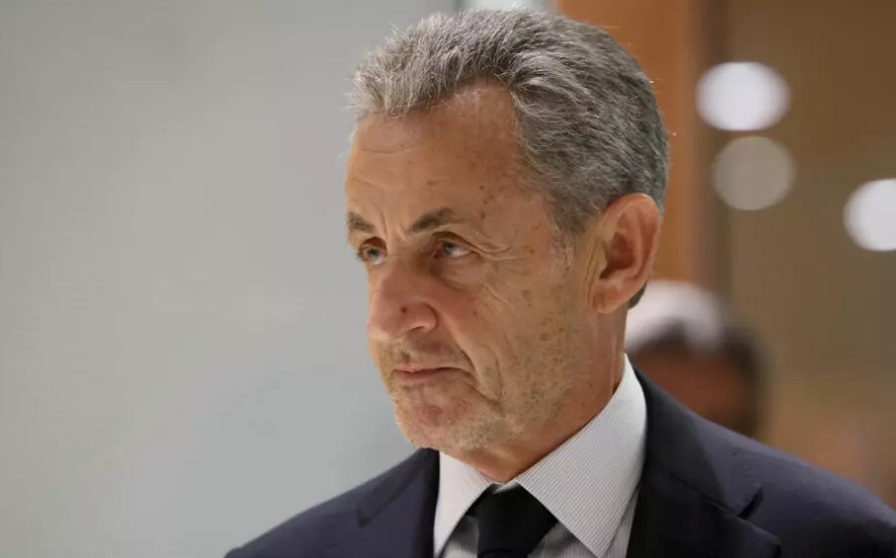Bursary funding row: Intergovernmental team offers to resolve conflict between national, county governments
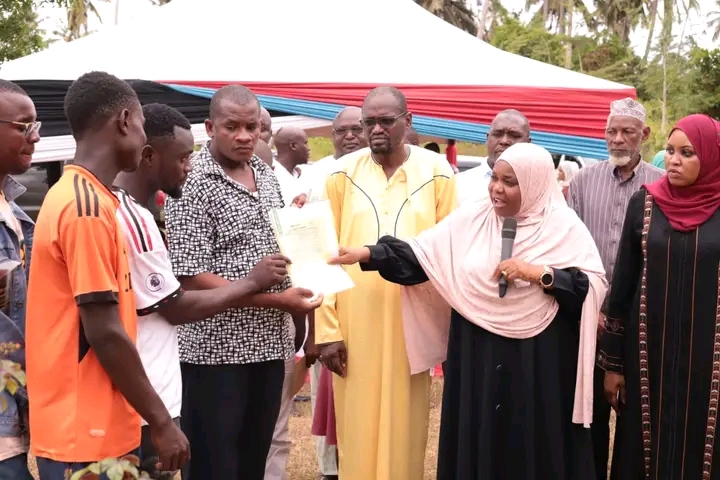
According to a circular issued by the Controller of Budget, county governments' mandate only extends to pre-primary education, village polytechnics, and home craft centres.
A national agency responsible for fostering smooth relations between the national and county governments has stepped in to mediate a growing dispute over bursary schemes in education.
The Intergovernmental Relations Technical Committee (IGRTC) has offered to chair talks to resolve a standoff sparked by a recent directive from the Controller of Budget, Margaret Nyakang'o, which has caused concern among governors.
More To Read
- Frustration as Tana River students miss out on bursaries, governor blames MCAs
- Counties urge senators to end bursary freeze hitting thousands of students
- KUPPET proposes overhaul of funding, abolition of bursaries in fresh push for fully free public education system
- National Assembly forms 17-member committee to review, unify education funds
- Counties back plan to merge student bursaries into single national fund
- Governors vow to continue providing bursaries despite budget advisory
The controversy began when Nyakang'o instructed devolved units to halt the withdrawal of funds for bursary schemes covering primary, secondary, and tertiary education.
According to a circular issued by the Controller of Budget, county governments' mandate only extends to pre-primary education, village polytechnics, and home craft centres.
She stated that any request to withdraw funds for bursaries, a responsibility typically considered a national government function, must be accompanied by an intergovernmental agreement, as outlined in the law.
Governors' dilemma
As a result, governors who had allocated millions of shillings in their budgets for bursaries are now faced with the dilemma of either reallocating the funds to other budget lines or seeking approval from the national government.
The order has sparked strong reactions from county leaders, who argue that bursaries are social support programmes meant to be handled jointly by both levels of government.
Saadia Kontoma, the IGRTC Vice-Chairperson, emphasized the need for a solution that does not disrupt the education of students who have benefited from county-level bursaries.
"What CoB is saying is that we need to do it better by coming up with an intergovernmental partnership agreement or such," she said.
"We are inviting both levels of government to a sector forum where we give them an opportunity to iron out all those issues and come up with an amicable solution," she added.
The IGRTC's Chief Executive Officer, Kipkurui Chepkwony, also weighed in on the matter, suggesting that the requirement for an intergovernmental agreement should not delay or interfere with the bursary process.
"An Intergovernmental Power Agreement (IPA) can be done as soon as possible," he stated.
In addition to the bursary dispute, the IGRTC is calling for a national discussion on the recently gazetted devolved functions.
The committee believes that open dialogue on these issues will help address some of the ongoing challenges related to the transfer, assignment, and funding of functions between the national and county governments.
"This is a conversation that we have been having for the whole of last year," Kontoma said, stressing that resolving these issues is critical for the smooth operation of devolved functions in Kenya.
Top Stories Today

